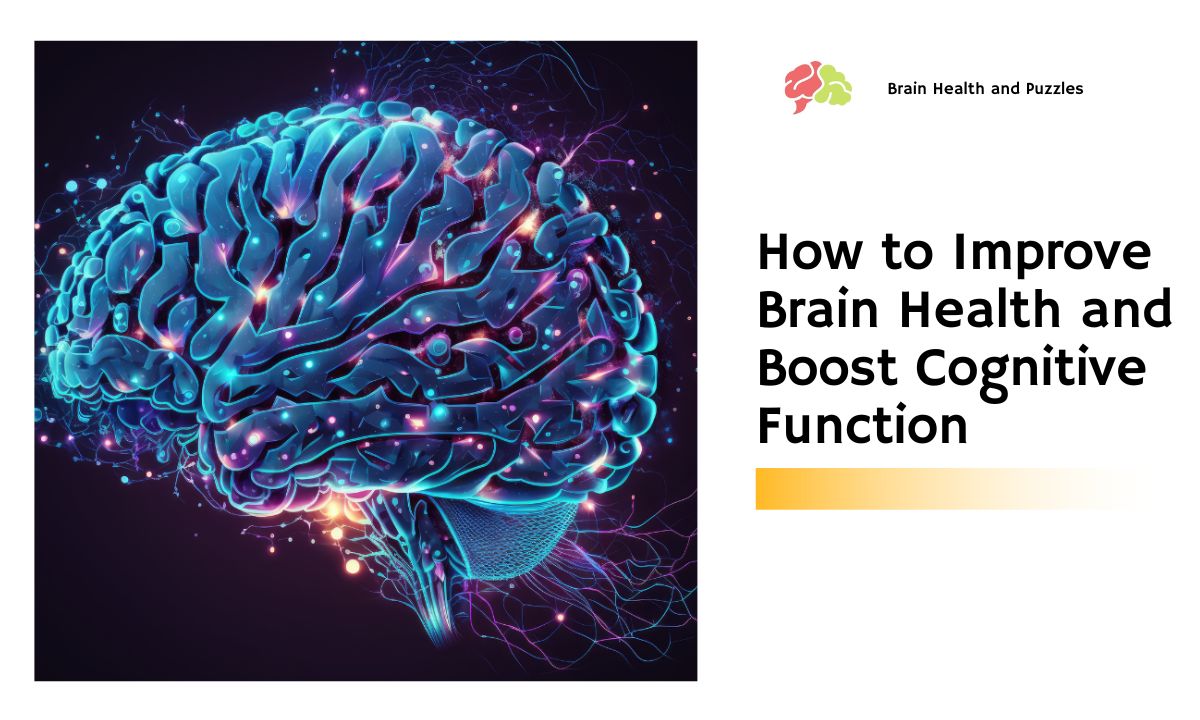The Intelligence Quotient – How We Measure Intelligence

The intelligence quotient or IQ is a score that, based on performance on certain tests, is meant to quantify human intelligence. While the tests used are subject to much controversy and testing bias, the intelligence quotient score is still used by public and private schools to rank students and determine placement in classes of varying complexity for a given age.
In many schools, children that achieve an intelligence quotient above a certain level are labeled “gifted” and are given an enriched and especially challenging curriculum meant to cultivate and nurture that intelligence.
If a large number of people are tested, the intelligence quotient will fall in a normal distribution or upside-down, U-shaped curve with the most people earning a score of 100. In fact, intelligence quotient tests are standardized by making the mean score 100 much like college courses are graded “on a curve.” Since the intelligence quotient follows a normal distribution, they are fewer people with scores much higher or lower than 100.
Thus there should be the same number of people in a community with an intelligence quotient of 120 as there are with a score of 80, but each group is made up of fewer people than those that have intelligence quotients of 100.
Eliminating Bias
 Intelligence quotient tests are designed to minimize bias against certain groups of students. When possible, logical sequences of blocks or figures are used rather than words to eliminate the bias that certain situations could pose for certain students.
Intelligence quotient tests are designed to minimize bias against certain groups of students. When possible, logical sequences of blocks or figures are used rather than words to eliminate the bias that certain situations could pose for certain students.
For example, if a word problem challenges the test taker to reason through a situation on a farm, students that have never left the inner city would be unfairly penalized, not for a lack of intelligence but for a different frame of reference. Mathematical operations need to be kept very simple on intelligence quotient tests so that logical reasoning is tested rather than mathematical ability.
Opponents OF IQ
The intelligence quotient test as a means of quantifying intelligence has some vocal opponents. Those opposed to intelligence quotient measures cite many different arguments. Some argue that intelligence is not a static quality and, through training and education, intelligence can be improved. Thus selecting certain students based on intelligence quotient and placing them in advanced classes strongly inhibits the growth and development of students that did not perform well on initial intelligence quotient testing.
Thus, if third graders are given an intelligence quotient test, their educational trajectory could be plotted from that moment forward. Students performing better on the test will be continually challenged and heavily trained while those with lower intelligence quotient scores may not receive the attention and training that would allow them to make up for a low intelligence quotient score. Others argue that only certain types of intelligence are tested and not others. Ranking children in this way rewards logic but penalizes emotional intelligence, for example.
Our Current Measurement
Despite its limitations, intelligence quotient or IQ is still used in various ways to create a hierarchy of students, even at an early age. Since we must educate all children with limited resources, there are certain practical considerations that need to be considered. Strengths need to be promoted while weaknesses need to be identified and remedied. For the time being, the intelligence quotient and other standardized tests are the means of identifying those strengths and weaknesses.



